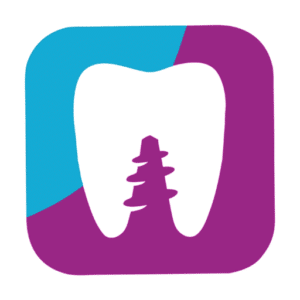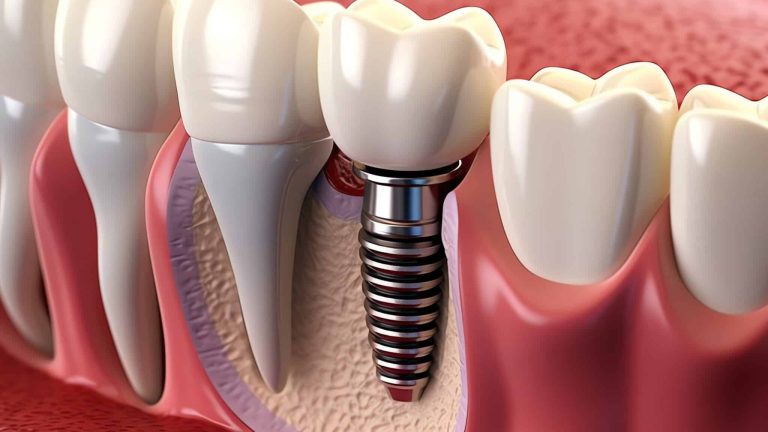Orthodontic treatment is an investment in your dental health and aesthetics that can transform your smile. However, to achieve the best results, it is crucial to maintain an adequate dental care routine during the process. Whether you use traditional braces, clear aligners, or any other type of appliance, good oral hygiene and attention to detail are essential to avoid issues like cavities, tooth stains, or periodontal disease.
In this article, we will explore how to care for your teeth while undergoing orthodontic treatment and the steps to follow to achieve a perfect smile at the end of the process.
Why Dental Care is Crucial During Orthodontic Treatment
Orthodontic appliances create spaces where food debris and plaque can easily accumulate. If not removed, they can cause:
- Cavities: Plaque buildup around brackets and wires can lead to cavities.
- White spots: Permanent decalcifications that can appear around brackets due to inadequate hygiene.
- Gum disease: Gum inflammation (gingivitis) is common if not cleaned properly.
- Bad breath: Bacterial buildup can cause halitosis.
Good dental care not only prevents these problems but also ensures that your teeth and gums are healthy at the end of the treatment.
Tips for Caring for Your Teeth with Braces
1. Proper Brushing: The Key to Success
Brushing is your first line of defense against plaque buildup. Follow these recommendations:
- Frequency: Brush after every meal, at least three times a day.
- Technique:
- Use a soft-bristled toothbrush or one designed for braces.
- Angle the brush at 45° to clean around the brackets and along the gum line.
- Brush all tooth surfaces: outer, inner, and chewing areas.
- Time: Spend at least 2-3 minutes on each brushing session.
- Interdental brushes: Use them to clean between brackets and teeth where a conventional brush cannot reach.
2. Flossing: Don’t Skip It
Flossing is essential, although it may be more challenging with braces.
- Special floss: Use floss threaders or products designed for braces.
- Frequency: Do it at least once a day to remove food debris and plaque between teeth.
3. Complement with Mouthwash
An antimicrobial mouthwash helps reduce bacteria and prevent gum inflammation.
- Type: Choose an alcohol-free mouthwash to avoid dryness.
- Frequency: Use it once or twice a day as recommended by your orthodontist.
4. Maintain a Braces-Friendly Diet
The foods you eat greatly impact your dental health and the integrity of your appliances.
- Avoid hard or sticky foods:
- Foods like candies, gum, nuts, or popcorn can damage brackets and wires.
- Cut food into small pieces: For example, slice fruits like apples into small pieces instead of biting them directly.
- Reduce sugar intake: Limit sweets and sugary drinks to prevent cavities.
5. Regular Visits to Your Orthodontist and Dentist
- Regular adjustments: Attend scheduled appointments with your orthodontist to adjust appliances and ensure proper progress.
- Professional cleanings: Visit the dentist every six months (or as recommended) for deep cleanings and checkups.
6. Protect Your Orthodontic Appliance
- Sports safety: Use a mouthguard to prevent damage if you play contact sports.
- Avoid harmful habits: Don’t chew on objects like pens or nails, as they can damage brackets.
Special Care for Clear Aligners
If you use clear aligners, like Invisalign, the care rules are slightly different:
- Daily cleaning: Wash aligners with warm water and a soft brush. Avoid toothpaste, as it can scratch the material.
- Don’t wear them while eating: Remove aligners before eating or drinking anything other than water.
- Proper storage: Store them in their case when not in use to avoid damage or loss.
Common Problems During Orthodontic Treatment and How to Solve Them
- Cheek or Gum Irritation:
- Use orthodontic wax to cover brackets or wires causing discomfort.
- Loose or Bent Wires:
- Don’t attempt to fix them yourself. Contact your orthodontist for an emergency appointment.
- White Spots on Teeth:
- These spots result from poor hygiene. Ensure proper brushing and flossing to prevent them.
Benefits of Following a Good Dental Care Routine
- Optimal Results: Good hygiene ensures your teeth are healthy and stain-free at the end of treatment.
- Avoid Complications: Prevents issues like cavities, gingivitis, or bracket loss.
- Confidence in Your Progress: Knowing you’re taking care of your teeth provides peace of mind and motivation to continue treatment.
Conclusion
Orthodontic treatment is an important step toward a perfect smile, but it requires commitment and dedication to maintain good oral health. With proper care, you’ll not only have aligned teeth but also healthy gums and a dazzling smile.
At La Guardia Clinics, we are here to support you at every stage of your treatment. If you have questions or need guidance on how to care for your teeth with braces, don’t hesitate to contact us. Your smile is in good hands!



